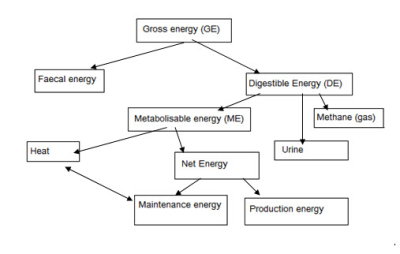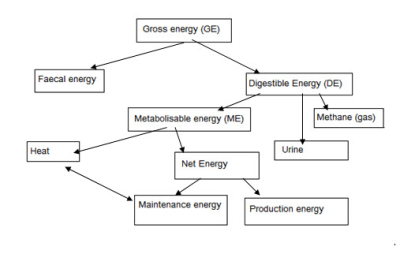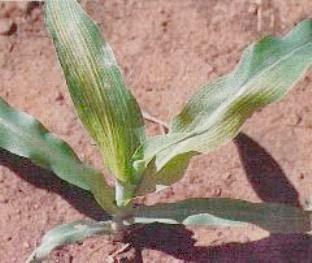Featured Photo

Other Photos


Is this a Minor Pest?
Yes
Minor Pest Title
Maize leafhoppers (Cicadulina spp.)
Minor Pest Description
The adults are about 3 mm long, slender and cream to pale yellow green in colour. These leafhoppers have two small black spots between the eyes and brown marks behind the eyes extending along the body. They have brown lines along the wings. They usually hop away when disturbed. The direct damage cause by maize leafhoppers by sucking plants is insignificant, but the indirect damage is high because they transmit the maize streak virus, a major disease of maize. Cicadulina mbila is the most important vector.
Control of the maize leafhoppers is difficult since they are very active, remain infectious for a long time and are very quick in transmitting the virus.
Minor Pest What to do.
- Plant maize well away from grassland or previously irrigated cereals; in particular, avoid planting downwind of such areas. The numbers of leafhoppers generally increase in irrigated cereals and grasslands - or in wild grasses during rainy seasons. Leafhoppers disperse away from these areas when dry.
- Plant early - and if possible planting in an area should be carried out at the same time. Staggered planting of crops will favour multiplication of leafhoppers and increase the risk of virus transmission to later plantings.
- Keep the fields free from weeds, in particular grasses.
- Leave a barrier of 10 m of bare ground between maize fields and previously infested crops. This is reported to reduce virus incidence, by restraining movement of leafhoppers.
- Remove residues of cereal crops since they serve as infection sources.
- Use resistant varieties where available.
- They are attracted to bright green surfaces, so can be caught in sticky green traps (see picture).
Minor Pest Position
8
Minor Pest Firstcontent
123
Host Plants
Maize (Revised)
Featured Image
PH Pests Media Gallery
